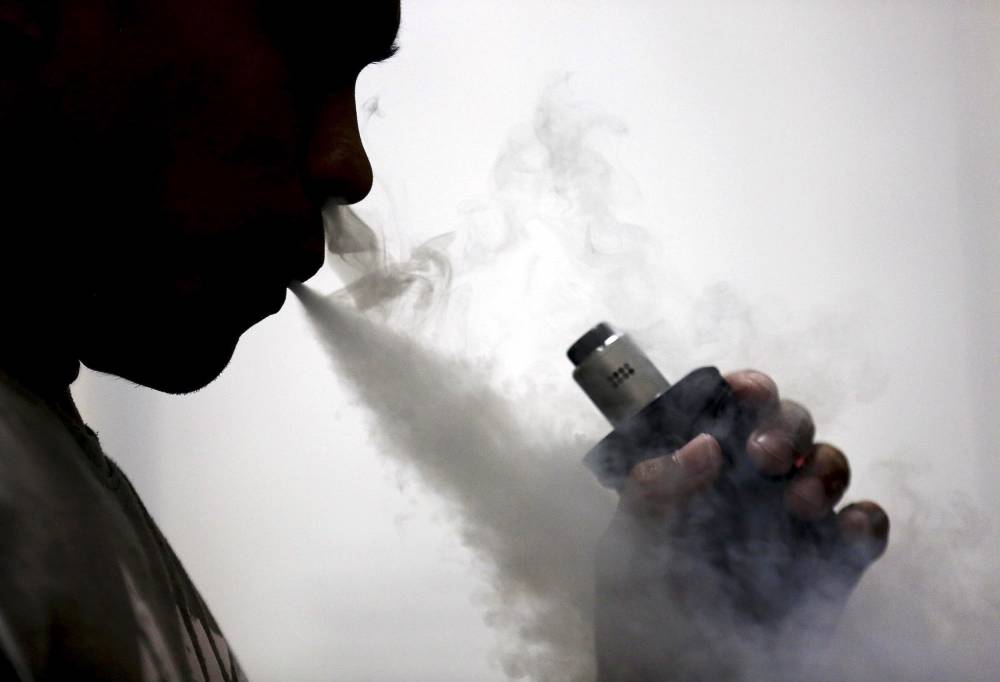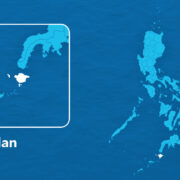PH should join other SEA nations in banning vapes, group says

The Philippines should join the ranks of its neighbors in Southeast Asia in imposing a ban on electronic cigarettes and vapes, according to a public health advocacy group.
HealthJustice Philippines urged lawmakers to follow, for example, Vietnam, whose national assembly approved on Nov. 30 a measure banning e-cigarettes next year.
“The growing momentum across Southeast Asia to ban e-cigarettes or vapes presents a critical opportunity for the Philippines to act,” said Dr. Jaime Galvez Tan, former Health Secretary and board member of HealthJustice.
“By adopting stronger regulations, the Philippines can align itself with its regional neighbors in prioritizing the health of its citizens and protecting the next generation from the harms of nicotine addiction. Now is the time for policymakers to act decisively to safeguard public health,” he said in a statement.
Appeal to youth
Southeast Asian countries apart from the Philippines were among the pioneers of the comprehensive ban on e-cigarettes, setting a strong precedent for other countries.
Before Vietnam, other nations in the region that prohibited e-cigarettes were Brunei (2010), Thailand (2014), Cambodia (2015), Laos (2016), Timor Leste (2016) and Singapore (2018).
“By banning e-cigarettes, Southeast Asian countries are taking decisive action to protect public health, particularly for their younger populations, and to prevent a new generation from falling prey to nicotine dependency,” Galvez Tan said.
“The Philippines must not lag behind, but rather, seek to act proactively to safeguard the health of its people,” he said.
Health experts warned that vapes, often marketed as a safer alternative to cigarettes, have been linked to a range of health concerns, particularly affecting the youth.
Flavored e-liquids, which strongly appeals to the youth, have fueled a surge in vaping among adolescents, exposing them to nicotine addiction and harmful chemicals.
The urgency of this issue is underscored by alarming statistics, with one in seven Filipino students aged 13 to 15 reported to be already using e-cigarettes, according to the 2019 Global Youth Tobacco Survey.
This is equivalent to around 1.6 million adolescents that year. Experts say that figure could have ballooned in recent years due to the accessibility of these products.
The country has also recorded its first death in May this year—a 22-year-old man who died of a heart attack—due to e-cigarette or vaping-use-associated lung injury (EVALI).
Legislation
Health advocates blame the surge of vape use in the country on Republic Act No. 11900, or the Vaporized Nicotine and Non-Nicotine Products Regulation Act, which lapsed into law in July 2022.
“To protect youth and curb the rising tide of the nicotine addiction crisis, lawmakers in the Philippines should also consider more stringent regulations,” Galvez said.
“This includes implementing an immediate ban on these products to put an effective stop to the vape epidemic,” he said.

















